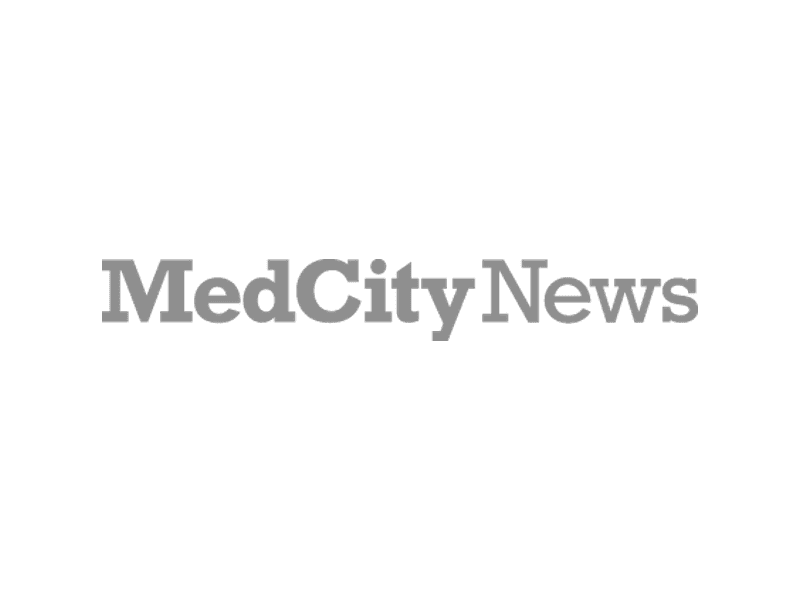
What’s in a healthcare name? ‘IOM’ is no more, but ‘IoM’ won’t catch on
Insiders come up with shortcuts, and they often stick. This one, from an outsider, probably won't.

Insiders come up with shortcuts, and they often stick. This one, from an outsider, probably won't.

The Institute of Medicine made a big ask. But it's the right one.

Two things were missing from previous attempts by the Institute of Medicine to shine light on the epidemic of medical harm in U.S. healthcare: diagnostic error and a patient-centered approach to fixing the many problems.

One person who is anxiously awaiting the new IOM volume is Dr. Carol Gunn, an occupational-medicine physician and patient-safety advocate in Portland, Oregon.

As we recently reported, the Institute of Medicine proposed changing the name of chronic fatigue syndrome to systemic exertion intolerence disease (S.E.I.D.) in an attempt to challenge stigma and misunderstanding about the condition. But will a new name be enough to lead doctors to take diagnosis and treatment more seriously, or will it continue to […]

A panel of 15 members with The Institute of Medicine met Tuesday at the request of the Food and Drug Administration, the Centers for Disease Control and the Department of Health and Human Services to propose a new name for what has been called chronic fatigue syndrome since 1988. The reason behind renaming the syndrome […]

As technology advances, AI-powered tools will increasingly reduce the administrative burdens on healthcare providers.

A high-level report recommending sweeping changes in how the government distributes $15 billion annually to subsidize the training of doctors has brought out the sharp scalpels of those who would be most immediately affected. The reaction also raises questions about the sensitive politics involved in redistributing a large pot of money that now goes disproportionately […]

An expert panel recommended Tuesday completely overhauling the way government pays for the training of doctors, saying the current $15 billion system is failing to produce the medical workforce the nation needs. “We recognize we are recommending substantial change,” said health economist and former Medicare Administrator Gail Wilensky, co-chairwoman of the nonpartisan Institute of Medicine […]

Big health spending variations throughout the country are largely driven by differences in the use of post-acute services such as skilled nursing homes and home health care by Medicare beneficiaries, and by higher prices that some hospitals and do...

There was some good news but a lot of bad news for death rates in the US compared with other industrialized, high income countries in a study of 17 industrialized countries. Americans are more likely to die younger and have higher rates of diseases and injuries compared with 16 other countries including Japan, Canada, Australia […]

Closing cancer health equity gaps require medical breakthroughs made possible by new funding approaches.